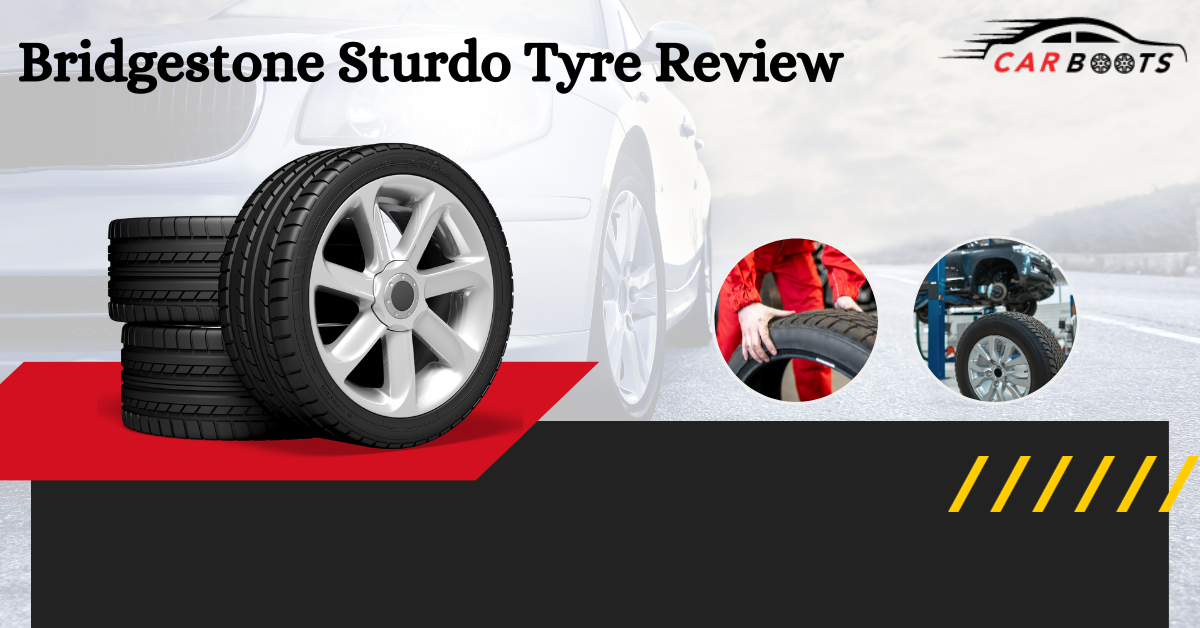All-Terrain Tyre, Highway or Mud
All-Terrain Tyre, Highway or Mud: Which Tyre is Right for Your 4 Wheel Drive?
As a 4WD owner, one of the most important decisions you’ll have to make is choosing the right tyre for your vehicle. Tyres play a vital role in determining the performance, safety, and overall experience of your 4WD. There are many types of tyres available in the market, but the two most common ones are all-terrain and mud-terrain tyres. In this article, we’ll discuss the differences between these two types of tyres and help you decide which one is right for your 4WD.
Introduction
All-terrain tyres and mud-terrain tyres are two popular options for 4WD owners. Both have their advantages and disadvantages, and the right choice depends on your driving needs and preferences. All-terrain tyres are designed to perform well on different surfaces, including highways, gravel roads, and light off-road tracks. On the other hand, mud-terrain tyres are designed to provide maximum traction on muddy and rocky terrains. In the next sections, we’ll take a closer look at the features and benefits of these two types of tyres.
All-Terrain Tyres
All-terrain tyres, also known as A/T tyres, are designed to provide a balance of on-road and off-road performance. These tyres have a versatile tread pattern that can handle different surfaces, from smooth highways to light off-road tracks. All-terrain tyres typically have smaller and shallower lugs than mud-terrain tyres, which make them quieter and more comfortable to drive on the road. They also have a longer lifespan than mud-terrain tyres and are generally more affordable.
Pros of All-Terrain Tyres
Versatile
All-terrain tyres can handle different surfaces, including highways, gravel roads, and light off-road tracks.
Comfortable
All-terrain tyres are quieter and more comfortable to drive on the road than mud-terrain tyres.
Long-lasting
All-terrain tyres have a longer lifespan than mud-terrain tyres.
Affordable
All-terrain tyres are generally more affordable than mud-terrain tyres.
Cons of All-Terrain Tyres
Limited off-road capability
All-terrain tyres may not perform as well as mud-terrain tyres on extreme off-road terrains.
Less traction: All-terrain tyres may have less traction than mud-terrain tyres in muddy and rocky conditions.
Mud-Terrain Tyres
Mud-terrain tyres, also known as M/T tyres, are designed to provide maximum traction on muddy and rocky terrains. These tyres have large and deep lugs that can bite into the ground and provide better grip. Mud-terrain tyres are also more durable than all-terrain tyres and can withstand rough off-road conditions. However, they are not ideal for on-road driving, as they can be loud, uncomfortable, and may wear out faster than all-terrain tyres.
Pros of Mud-Terrain Tyres
Maximum traction
Mud-terrain tyres provide excellent traction on muddy and rocky terrains.
Durable: Mud-terrain tyres are more durable than all-terrain tyres and can withstand rough off-road conditions.
Cons of Mud-Terrain Tyres
Loud and uncomfortable
Mud-terrain tyres are generally louder and less comfortable to drive on the road than all-terrain tyres.
Shorter lifespan: Mud-terrain tyres may wear out faster than all-terrain tyres, especially if used on the road.
More expensive
Mud-terrain tyres are generally more expensive than all-terrain tyres.
Differences between All-Terrain and Mud-Terrain Tyres
The main differences between all-terrain and mud-terrain tyres are in their tread pattern, construction, and performance. All-terrain tyres have a more versatile tread pattern that can handle different surfaces, while mud-terrain tyres have a more aggressive tread pattern that provides better traction on muddy and rocky terrains. Mud-terrain tyres also have thicker and stronger sidewalls to protect against punctures and damage, while all-terrain tyres have thinner sidewalls that provide a smoother ride on the road.
Which Tyre is Right for You?
The choice between all-terrain and mud-terrain tyres depends on your driving needs and preferences. If you mostly drive on highways, gravel roads, or light off-road tracks, all-terrain tyres are a good choice. They provide a balance of on-road and off-road performance and are generally more affordable than mud-terrain tyres. However, if you frequently drive on muddy or rocky terrains, mud-terrain tyres are a better option. They provide maximum traction and durability in extreme off-road conditions, but may be less comfortable and more expensive than all-terrain tyres.
How to Choose the Right Tyre for Your 4WD
When choosing tyres for your 4WD, there are several factors to consider:
Driving conditions
Consider the type of terrain you’ll be driving on, as well as the weather and climate in your area.
Load capacity: Make sure the tyres can support the weight of your vehicle and any cargo you’ll be carrying.
Size and fitment
Choose tyres that are the right size and fit for your vehicle.
Tread pattern
Consider the type of tread pattern that will provide the best performance for your driving needs.
Price
Compare the cost and value of different tyre options.
Factors to Consider When Choosing Tyres
Here are some additional factors to consider when choosing tyres for your 4WD:
Traction
Look for tyres that provide good traction on the surfaces you’ll be driving on.
Durability
Choose tyres that can withstand the wear and tear of off-road driving.
Noise and comfort
Consider how loud and comfortable the tyres are on the road.
Puncture resistance: Look for tyres with thicker and stronger sidewalls to protect against punctures and damage.
Brand and reputation
Choose tyres from reputable brands with good reviews and ratings.
Tips for Maintaining Your 4WD Tyres
To get the most out of your 4WD tyres, here are some tips for maintenance:
- Check tyre pressure regularly and inflate to the recommended levels.
- Rotate your tyres regularly to ensure even wear.
- Keep your tyres clean and free from debris.
- Avoid overloading your vehicle beyond the recommended weight capacity.
- Replace your tyres when they become worn or damaged.
Conclusion
Choosing the right tyre for your 4WD can be a daunting task, but understanding the differences between all-terrain and mud-terrain tyres can help you make an informed decision. All-terrain tyres provide a balance of on-road and off-road performance and are generally more affordable, while mud-terrain tyres provide maximum traction and durability in extreme off-road conditions but may be less comfortable and more expensive. Consider your driving needs and preferences, as well as the factors mentioned above, when choosing tyres for your 4WD.
FAQs
Are all-terrain tyres suitable for driving on muddy terrains?
A: While all-terrain tyres are more versatile and can handle different surfaces, they may not provide the same level of traction and durability as mud-terrain tyres on muddy terrains.
Can I mix and match all-terrain and mud-terrain tyres on my 4WD?
A: It is not recommended to mix and match tyre types on your 4WD. Using different tyre types can affect your vehicle’s handling and stability.
How often should I replace my 4WD tyres?
A: Tyre replacement frequency depends on factors such as driving conditions, tyre maintenance, and the quality of the tyres. It’s generally recommended to replace tyres every 3-4 years or when the tread wears down to 2/32 of an inch.
Can I use my mud-terrain tyres on the road?
A: Yes, mud-terrain tyres can be used on the road, but they may be louder and less comfortable than all-terrain tyres. They may also wear out faster if used predominantly on the road.
How do I know which size and fitment of tyre is right for my 4WD?
A: You can consult your vehicle’s owner’s manual or speak with a tyre professional to determine the appropriate size and fitment for your 4WD. It’s important to choose tyres that match your vehicle’s specifications for safety and performance.








